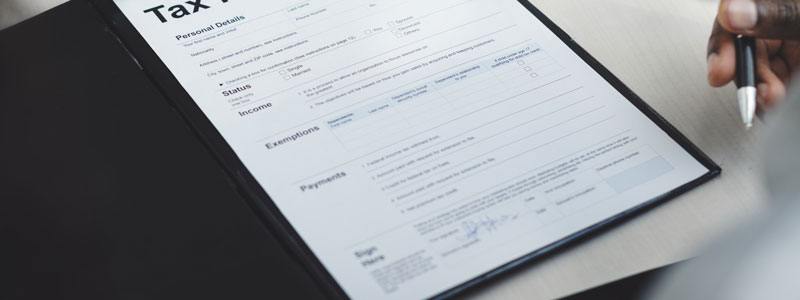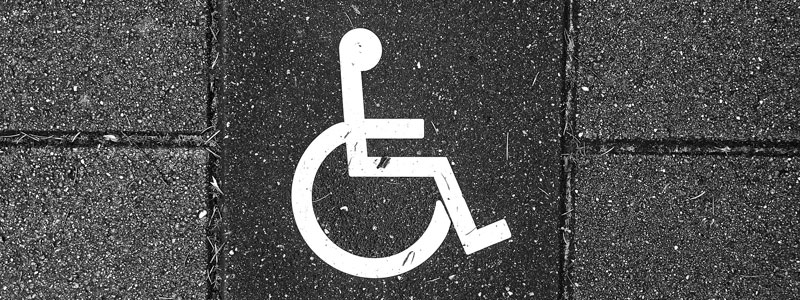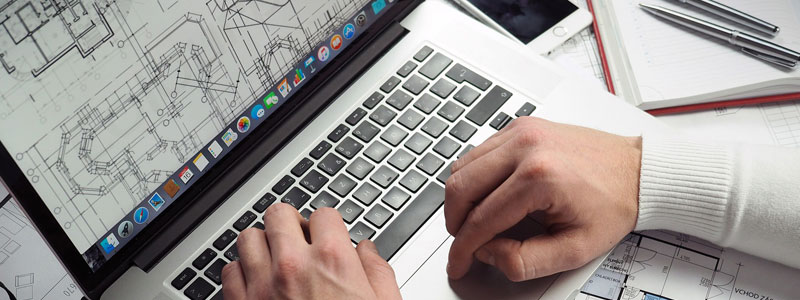Unable to Work in Evansville? Which Is Better: Your Pension or Disability Benefits?

Some people view Social Security disability benefits as a type of retirement plan. It’s true that if you’re approved for Social Security’s disability insurance benefits (DIB), your disability benefits will simply turn into retirement benefits once you reach retirement age. However, if you qualify for DIB before retirement, it’s important to know that Social Security disability benefits differ from your pension in many ways.
In order to understand the difference between the two, we must first understand that DIB is not a type of pension, although they do share a few similar qualities:
- They both offer a monthly benefit
- The benefit for both is based on your salary during your working years.
Other than these qualities, the two are very different:
Who Provides the Program?

A pension is provided by your employer as a part of the benefits package. You will likely be aware of these benefits when you take a new job.
DIB is provided by the taxpayers. You have to have a solid work history to prove that you’ve paid into the Social Security system in order to withdraw benefits through DIB.
Will the Program Support My Lifestyle?

DIB payments are not designed to support the lifestyle you may have enjoyed while working. Instead, they will likely cover simply the essentials such as food, shelter, and clothing. In fact, there are financial limits you must meet in order to qualify for DIB. You cannot be making more than a certain amount of money a month. This amount is referred to as engaging in substantial gainful activity (SGA). In 2018, SGA is $1,180 a month for non-blind individuals and $1,970 a month for those who are statutorily blind.
If you are seeking a full retirement, a pension would be the best bet. A pension is designed to maintain a relatively stable life even after you are done working. Based on your plan and your previous employment, a pension will more likely sustain your lifestyle once you retire.
Do I Have to Be Disabled?

In order to qualify for DIB, your medical condition(s) must meet Social Security’s definition of “disability.” Social Security’s definition includes the fact that your disability prevents you from doing any work, not just the work you are trained or qualified for.
A typical pension does not require you to be disabled in order to receive it. You will not have to meet any particular medical criteria in order to receive a pension.
Do I Have to Have Been Employed?

In order to receive a pension, you must have been employed at the same company for a certain number of years.
To receive DIB, you typically have to have a strong work history to prove that you’ve paid your Social Security taxes. However, you may be able to collect DIB based on your spouse’s or parent’s work history. Those who have not worked can apply for supplemental security income (SSI) instead, which is another Social Security disability program that doesn’t require you to have worked.
Can I Receive Both a Pension and Disability Benefits?

Social Security doesn’t count a person’s pension toward their calculation of substantial gainful activity. Therefore, if you’re making less than $1,180 a month (excluding your pension) and you meet the SSA’s definition of “disabled,” you could potentially qualify for disability benefits and receive your pension simultaneously.
Help from an Evansville Social Security Disability Lawyer
The subject of how you will take care of yourself financially once you are no longer able to work is one that many people find stressful. After all, no one wants to settle for anything less than the best option. When making these decisions, it is best to consult with an experienced attorney to ensure that you know all of the options and are choosing the best for your unique situation. Call Hensley Legal Group today for a free consultation or contact us online.
Available 24/7
Free Case Review
You won’t pay any fees until we win your case.
It’s easy - you can: